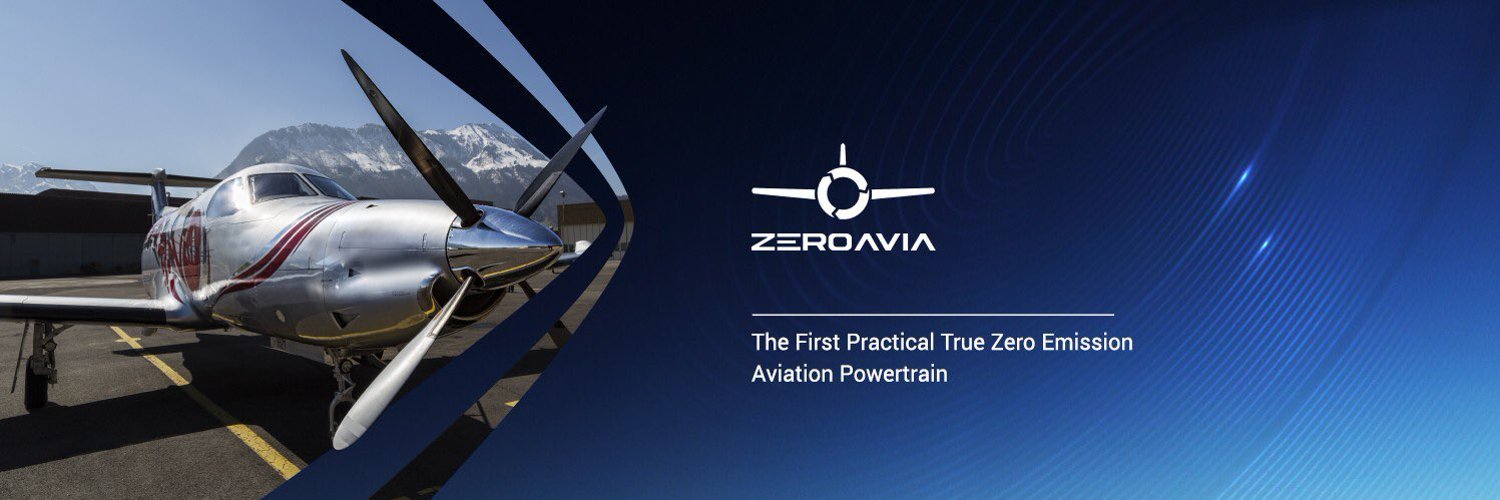ZeroAvia, a UK company working to decarbonise commercial flights, has announced a double helping of funding to fuel its pursuits of zero-emission aircrafts. The UK’s government has granted £12.3 million, through the Department for Business Energy & Industrial Strategy (BEIS), Aerospace Technology Institute (ATI), and Innovate UK, so that the company can deliver a hydrogen-electric powered plane that is ‘market ready’ by 2023. At the same time, the sustainable aviation startup has closed £16 million in Series A funding. The venture capital round includes investments from Amazon Climate Pledge Fund, Breakthrough Energy Ventures, Ecosystem Integrity Fund, Horizons Ventures, Shell Ventures and Summa Equity. The funding announcements come just a few days after British Airways announced a partnership with ZeroAvia to speed up the switch to hydrogen-powered aircraft as part of IAG’s Hangar 51 tech accelerator programme.
The UK Government grant will specifically fund the HyFlyer II project: the development of a certifiable hydrogen-electric powertrain that can power aircrafts carrying up to 19 passengers. To do this, ZeroAvia will collaborate with two partners, the European Marine Energy Centre and Aeristech. The conclusion of the project — and official test of the technology — will be a 350-mile flight in early 2023.
The company has already tested its technology on a smaller scale. At Cranfield this past September, the ZeroAvia completed the first ever flight of a commercial-grade hydrogen-electric aircraft, using a smaller version of its hydrogen fuel cell powertrain in a six-seater plane. So what does this mean for the future of travel? CEO Val Miftakhov said the size of the HyFlyer II aircraft shows that “paying passengers could be boarding a truly zero-emission flight very soon.”



Would you like to write the first comment?
Login to post comments